Each ethnic group has its own festivals, expressing the cultural characteristics of its own ethnic group, as well as its own region and locality. However, in order for festivals to preserve and promote traditional values, meeting the cultural needs of the people, issues related to environmental sanitation such as garbage collection, disposal, not littering, limiting the generation of plastic waste... need to be paid attention to.
The festival is typically held in large areas, which can take place at historical sites, tourist areas, performance areas, sports competitions, etc. In a short period of time, a huge number of people flock here, participating in many activities, causing overload for public infrastructure and the surrounding environment. In today's era, when the quality of life is increasingly improved, the environmental and landscape factors themselves become a component to enhance the image and appeal of the festival.
Understanding the importance of environmental issues, the law stipulates that everyone must have personal awareness, fulfill their obligations in protecting the common environment while also protecting themselves.
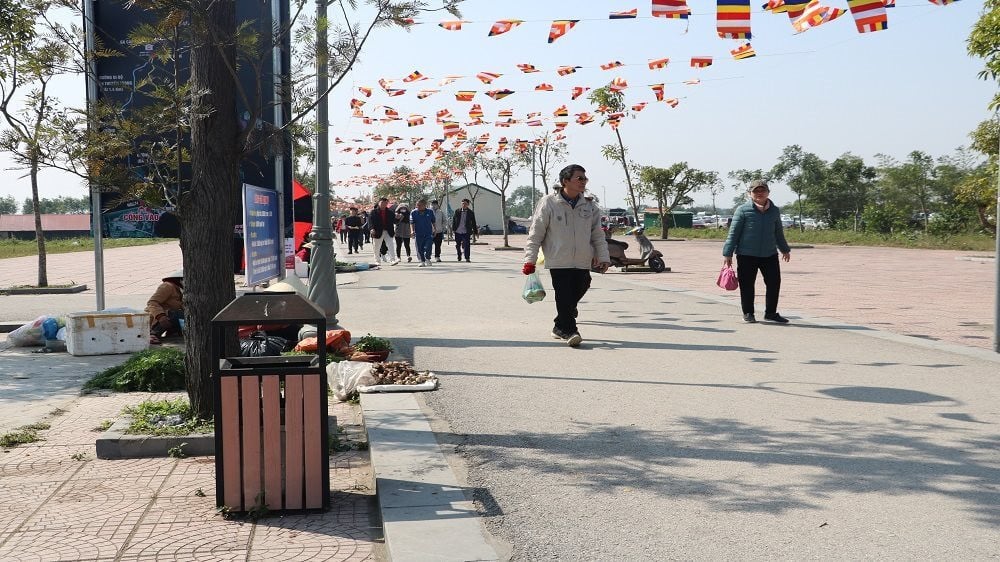
* Clearly stated in the Law on Environmental Protection
Regulations on festival environmental management are integrated into regulations on environmental protection in cultural, sports and tourism activities. According to Clause 1, Article 66 of the Law on Environmental Protection 2020, festival organizers must comply with the provisions of Clause 2, Article 59 of the Law. Specifically, they must arrange personnel to collect waste and clean the environment within the scope of management; have personnel, teams or environmental protection teams to inspect and supervise.
When organizing a festival, the organizing unit must build and install public sanitation facilities and on-site wastewater treatment facilities that meet environmental protection requirements; have means and equipment for collecting, managing and treating waste that meet environmental protection requirements. In addition, promulgate, publicly post and organize the implementation of regulations and rules on maintaining hygiene and protecting the environment in public places under its management; promptly detect violations of environmental protection laws by organizations and individuals and propose handling in accordance with the provisions of law.
According to Clause 2, Article 66 of the Law on Environmental Protection, individuals coming to the festival site are obliged to comply with regulations and rules on maintaining hygiene and protecting the environment; disposing of waste in designated places; limiting the generation of plastic waste; maintaining public hygiene; not harming the landscape, environment and living species.
* Festival environmental management guide
Previously, the Ministry of Culture, Sports and Tourism coordinated with the Ministry of Natural Resources and Environment to develop and issue Joint Circular No. 19/2013/TTLT-BVHTTDL-BTNMT on "Guidelines for environmental protection in tourism activities, festival organization, protection and promotion of relic values" to improve the effectiveness of environmental protection work, reduce pollution, contribute to sustainable tourism development, protect and promote the value of the country's cultural heritage.
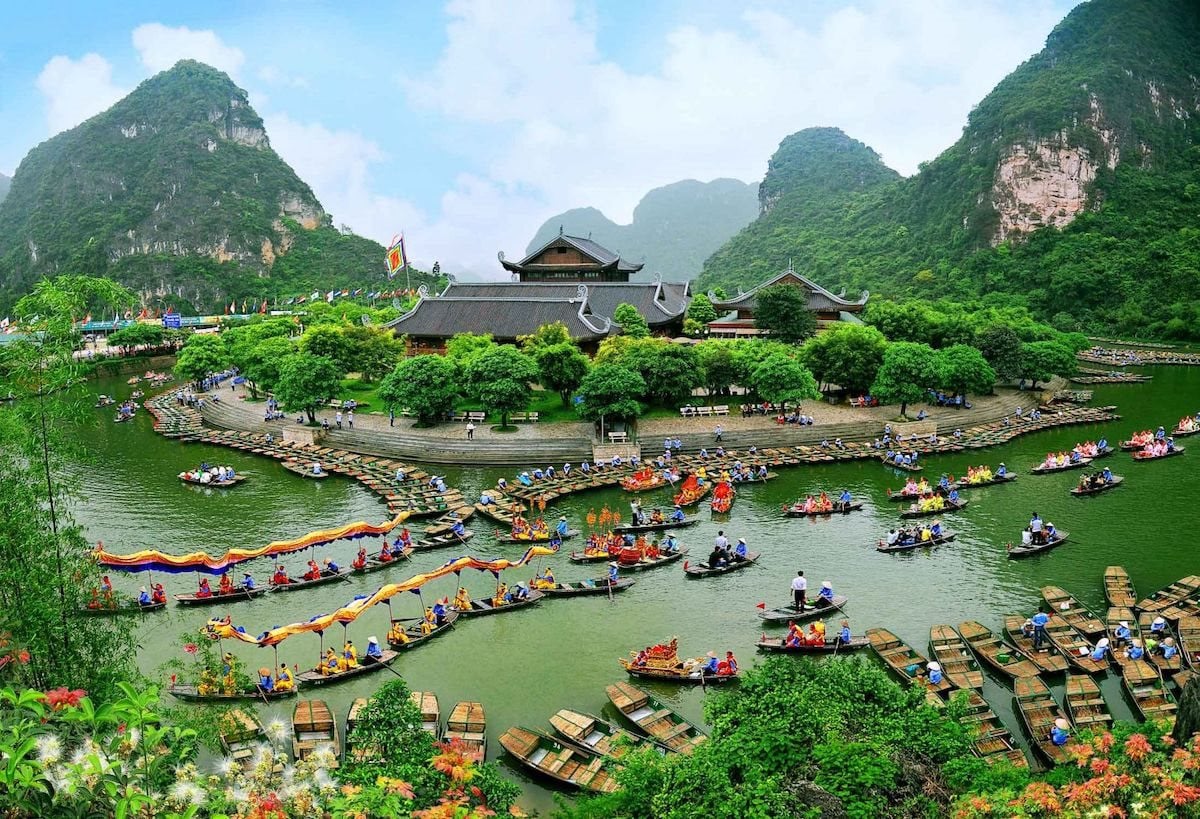
The Circular has clearly stated the environmental protection responsibilities of organizations and individuals managing festival activities. In particular, it focuses on propaganda, education and advocacy on environmental protection for people working at the facility, tourists and local communities; not to exploit, trade, consume, use or illegally transport rare wild plants and animals and goods originating from rare plants and animals on the prohibited list prescribed by competent state agencies.
Organizations and individuals managing facilities are responsible for posting regulations on environmental protection at the facility, ensuring that prohibited acts are clearly stated according to the provisions of the Law on Environmental Protection and other relevant legal documents, and acts directly related to environmental protection of the facility. In addition, environmental protection activities are encouraged.
Manage and treat waste, exhaust gas, and wastewater discharged from the facility's operations; take measures to manage and control noise and vibration caused by the facility's operations so that they do not exceed the maximum allowable limits according to the National Technical Regulations on Noise and the National Technical Regulations on Vibration.
Organizations and individuals managing festival activities also need to develop plans, prepare means and necessary conditions to respond to possible environmental incidents; actively coordinate with relevant agencies and comply with the direction of competent authorities to overcome the consequences caused by environmental incidents; prevent and combat the harmful effects of tobacco and implement other relevant provisions of the law on environmental protection.
* 6 environmental criteria in traditional festivals
Most recently, the Ministry of Culture, Sports and Tourism issued a "Set of criteria for cultural environment in traditional festivals" with 9 groups of criteria. Accordingly, the group of criteria for food hygiene and safety and environmental hygiene has 6 criteria: Food meets food safety and hygiene standards according to the provisions of law; Food for sale is properly preserved and regularly inspected for food hygiene and safety; Products for sale have clear origin, source, and expiration date; Toilets are arranged to ensure convenience and suitability for relics and festivals; Waste collection and storage systems are equipped; waste classification and treatment are performed; Waste is regularly collected and disposed of in designated areas, and littering is not permitted.
6/6 criteria require the festival organizing agency, unit, festival organizing committee, and service providers to be responsible for implementation. The criterion “Garbage is regularly collected, placed in designated areas, and littering is not allowed” requires festival participants to also comply.
According to the Ministry of Culture, Sports and Tourism, the use of the set of criteria for building a cultural environment in traditional festivals is both a goal to standardize the building of a cultural environment in traditional festivals and a tool and measure to evaluate the capacity of state management and the effectiveness of organizing festivals in localities. This will contribute to building a civilized and healthy festival cultural environment; preserving and promoting traditional cultural values, good customs and practices of the nation and spreading them in social life.
Source










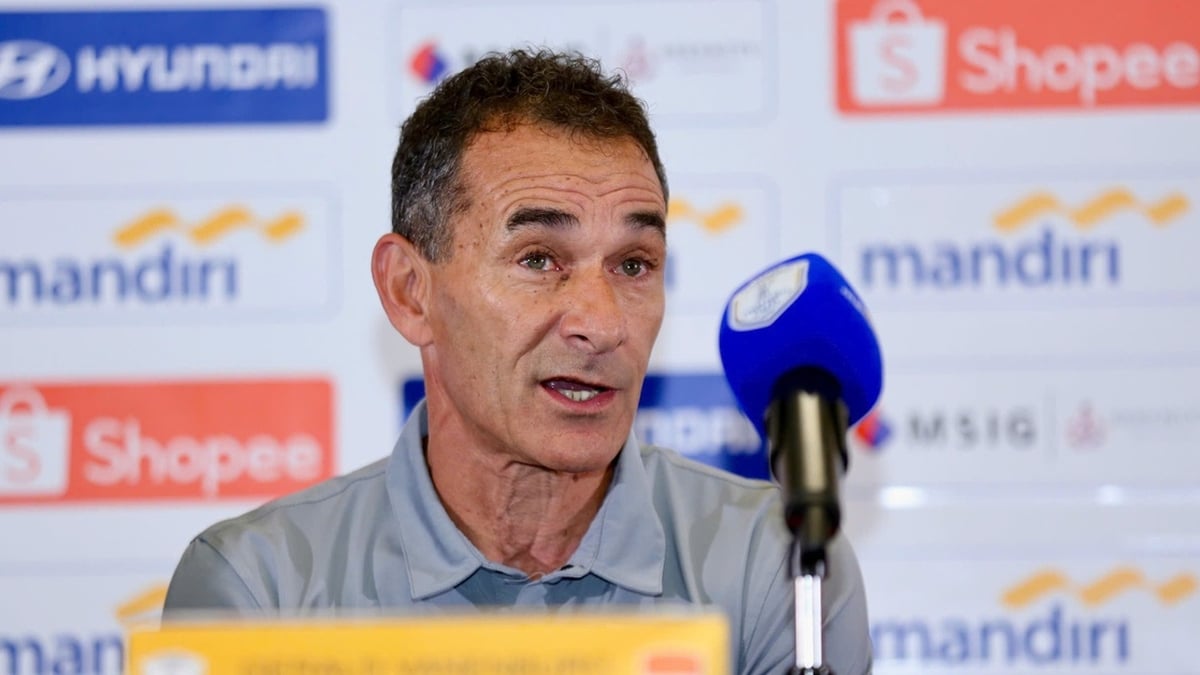

















![[Photo] National Assembly Chairman attends the seminar "Building and operating an international financial center and recommendations for Vietnam"](https://vphoto.vietnam.vn/thumb/1200x675/vietnam/resource/IMAGE/2025/7/28/76393436936e457db31ec84433289f72)








































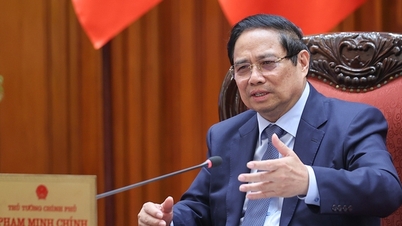


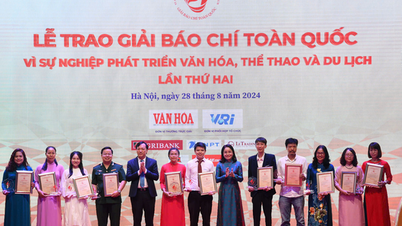























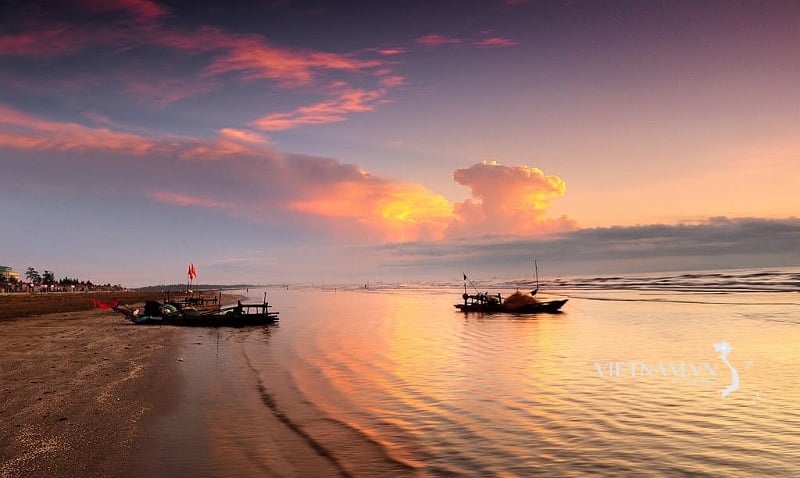
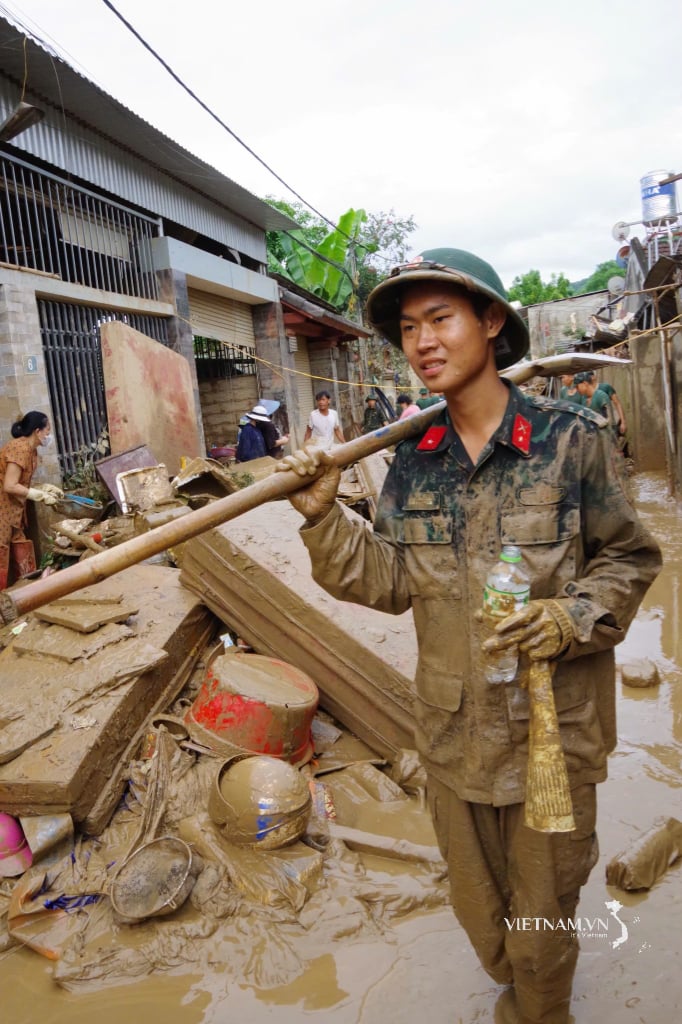
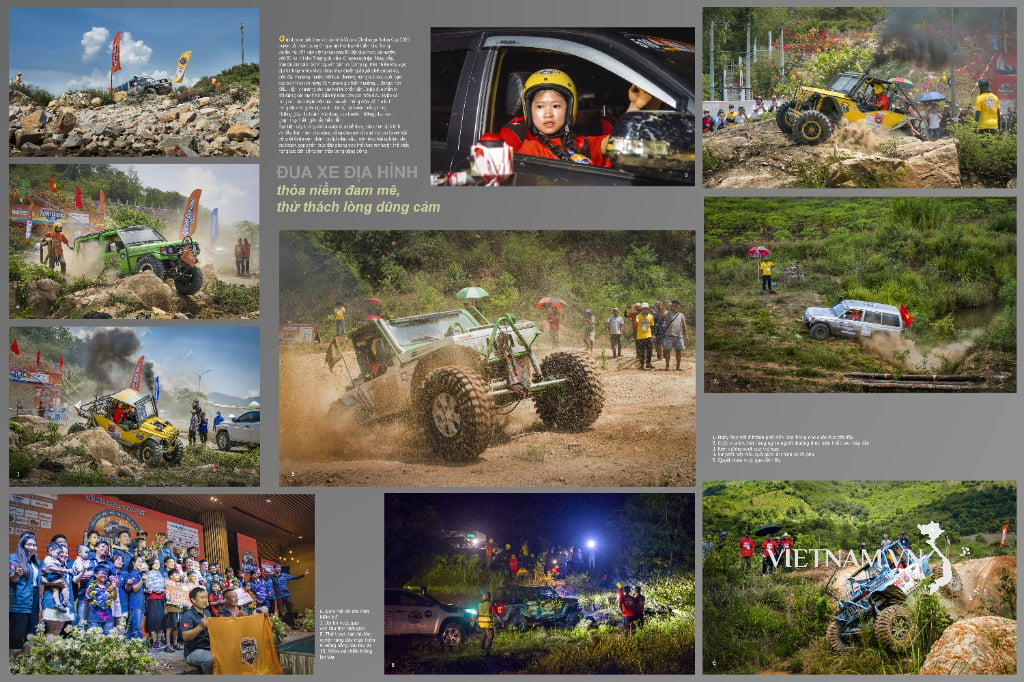
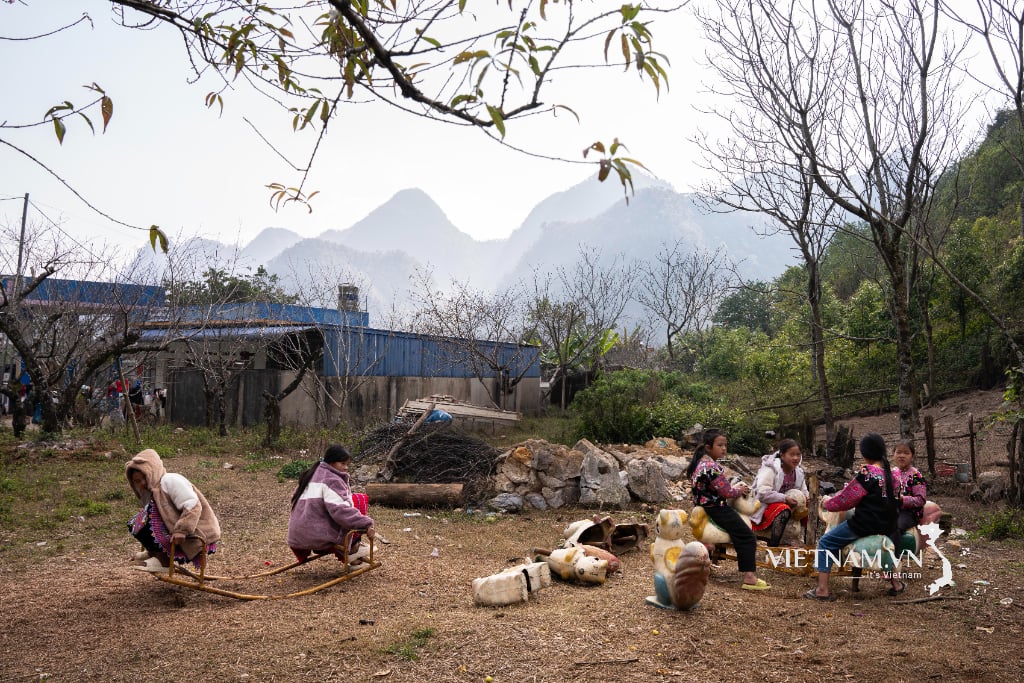
Comment (0)